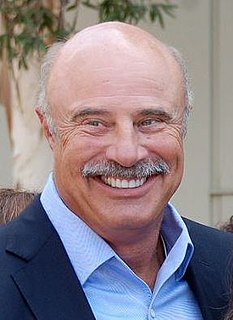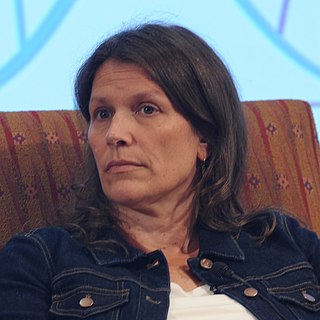A Quote by Nick Hanauer
Economics is mostly how humans rationalize who gets what and why. It's how we instantiate our preferences about status, privileges, and power.
Quote Topics
Related Quotes
The thing about education - and why I'm so passionate about the position and status of the university - is that it's supposed to teach citizens how to think better, how to think critically, how to tell truth from falsehood, how to make a judgment about when they're being lied to and duped and when they're not, how to evaluate scientific teaching. Losing that training of citizens is an extremely dangerous road to go down.
Are we, as humans, gaining any insight on how to talk about ourselves and how something as abstract as a Charlie Parker record gets us into a dialogue about our emotions and our thoughts? Sometimes we lose sight that the music has a wider context. So I want to continue those dialogues. Those are the things I want to foster.
I promise to do everything in my power to achieve energy independence and to do so within ten years and to stop global warming, which says to the American people that we are about the future, about addressing how we create jobs, how we care for our children, how we grow our economy, and how we preserve our planet.
Perhaps generations of students of human evolution, including myself, have been flailing about in the dark; that our data base is too sparse, too slippery, for it to be able to mold our theories. Rather the theories are more statements about us and ideology than about the past. Paleontology reveals more about how humans view themselves than it does about how humans came about, but that is heresy.
Why do so many marriages fail? Because nobody gets taught how to be married. We're not taught how to pick a mate, or why to pick a mate; we don't know how to manage our emotions once we're in a marriage; we don't know how to resolve marital conflict. Married people have never been taught why they or their spouses feel the way they do and act the way they do. Nobody has ever taught us the fundamentals.
Beyond that, it gets down to the nuts and bolts of discipline - not a tradition or genre, I don't care about that, actually - but discipline in the sense of just working on music and working on thinking about music. It doesn't matter if it's jazz or not. It's about how we listen, how we interact, how we guide our attention when we're listening, and how we can refine what we're doing musically.
Economics should be defined in terms of what it is about. It should be about how people produce things, how people exchange them, how people earn income, how they pay taxes, how the government provides infrastructure with tax revenue, and how it conducts monetary policy. The subject has to be defined in terms of the object of inquiry.
How did men believe in something that preached love on one hand, yet taught destruction of unbelievers on the other? How did one rationalize belief with no proof? How could they honestly expect him to have faith in something that taught of miracles and wonders in the far past, but carefully gave excuses for why such things didn't occur in the present day?
I started in the law; and the study of law, when it precedes the study of economics, gives you a set of foundation principles about how human beings interact. Economics is very useful, and I studied economics in graduate school. But without understanding the social and organizational context of economics, it becomes a theory without any groundwork.
Our thoughts about the future go far toward creating it; our minds and hears are like filaments taht connect today to tomorrow, they are conduits for either the status quo or the emergence of different, hopefully more loving, possibilities. How we think and how we behave determine where we are going
There is a connection between environment and stress on both ends, with excessive clutter and excessive attention to detail both holding the power to distract us from our ability to love fully, work productively and relax effectively. So, what makes sense to me is for each of us to think this through on a few fronts: what constitutes a comfortable environment for us, how much effort we're willing to put into it relative to other priorities, and how well-matched we need our partners' preferences to be to ours.



































